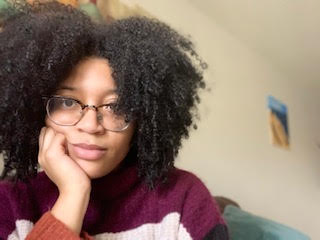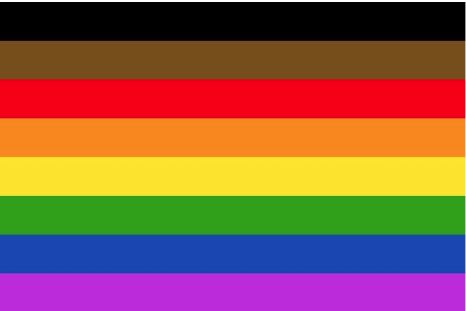By Nia Davis
Asheville Office of Equity and Inclusion
In June of every year, Pride Month is celebrated by the LGBTQIA+ community across the country. While Pride is a celebration of visibility, equality, and self-affirmation; it is necessary to remember that Pride commemorates the 1969 Stonewall riots. The first Pride was a protest against police brutality and oppression.
On June 28, 1969, police officers raided the Stonewall Inn, a gay bar in New York City. Gay bars were often raided, in which police harassed and arrested patrons based on their gender identity and sexual orientation. On this night, patrons fought back in what is now known as the Stonewall Uprising. The riot ignited on June 28 lasted throughout the night and for the next six days. While thousands of people joined in on the protests and riots, it is important to note that the uprising was led largely by trans people of color. Marsha P. Johnson, Miss Major Griffin-Gracy, and Sylvia Rivera were all crucial to the beginning of the Stonewall Uprising and continued their activism for LGBTQ rights.
The murders of George Floyd, Breonna Taylor, and Ahmaud Arbery have led to international civil unrest, with calls for dismantling racist and oppressive institutions. In the current Black Lives Matter movement, we must lift up ALL Black people, including our LGBTQIA+ Black community. We can not ignore how Black and Brown LGBTQ folks can feel the impact of racism, sexism, homophobia, and/or transphobia at the same time, in a way that can not be separated from each other.
This June, as we celebrate LGBTQ Pride let’s lift up the Black and Brown people who fought at Stonewall and helped pave the way in the movement. As we amplify our voices for Black lives, let’s remember the queer Black leaders such as Angela Davis, Audre Lorde, Bayard Rustin, and James Baldwin who fought for liberation in the past and present. Lastly, let’s remember the interconnectedness of the movements for liberation and against oppression.
“There is no thing as a single issue struggle because we do not live single issue lives.”
— Audre Lorde
#MoreColorMorePride

Nia Davis attended the University of North Carolina at Chapel Hill and earned her Bachelors of Science in Psychology and then went on to receive her Masters in Social Work with a concentration in Community, Organizing, and Social Action from the University of Pittsburgh. She serves as the Human Relations Analyst in the City of Asheville’s Office of Equity and Inclusion.
